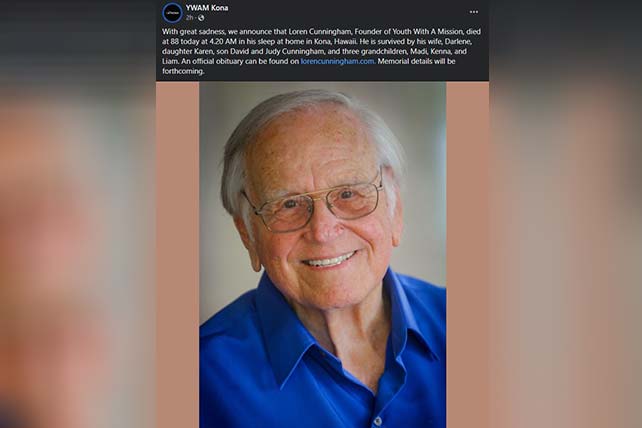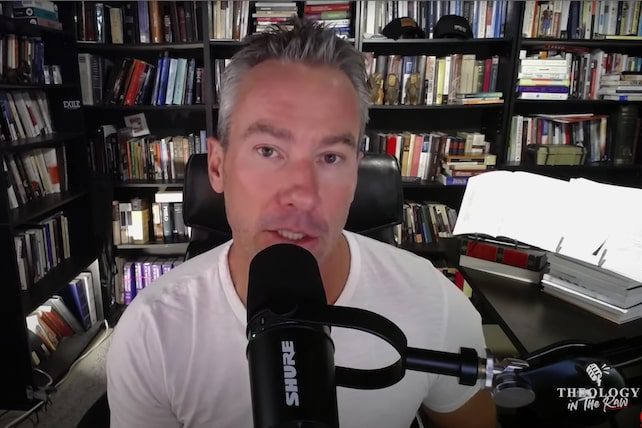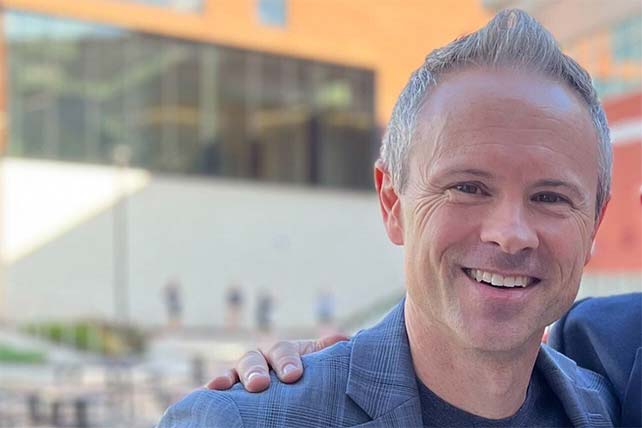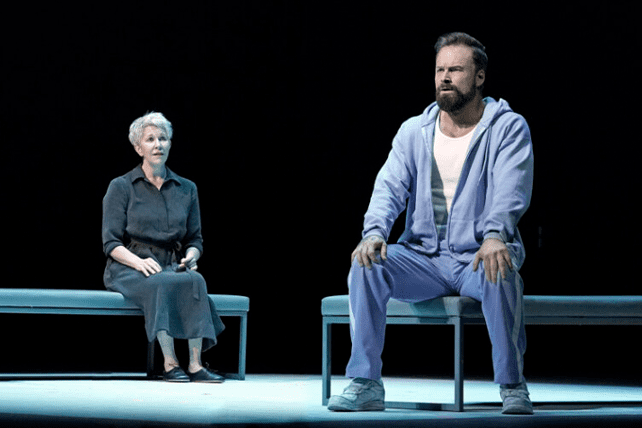It was on a family fishing trip where I learned an object lesson about gentle confrontation.
I was recently reminded about the time I went fishing with my sons. I must admit I am someone who gets grossed out very easily. Touching bugs, snakes, and sadly even fish, grosses me out a bit. But not my oldest son. Unlike his dad, he’s courageous when it comes to touching animals. But it was his tender care that really struck me that day.
Like most children he has a soft spot in his heart for animals. He doesn’t like stepping on bugs and would rather relocate them than exterminate them. When we caught the fish, we had a dilemma. We weren’t going to keep him. So, we had agreed that if we caught something we would remove the hook and throw him back in the water. My son wanted to be the one to remove the hook. Probably because he thought I would do it as quickly as possible (to minimize the contact with the fish) and would not do it well.
So, against all odds I caught a fish. It wasn’t a huge guy, but it was big enough to have had his mouth caught on the hook. I watched as my son, who had never done it before, carefully and gently remove the hook from the mouth of the fish. He had to manage to keep the fish’s mouth open, and gently push the hook down deeper in his mouth, in order to cause the least amount of damage as possible. And he did it with such tenderness and such care that it moved me emotionally.
Not too long after that I preached Galatians 6:1
Brethren, even if anyone is caught in any trespass, you who are spiritual, restore such a one in a spirit of gentleness…
And immediately I was reminded about my son, that fish, and the secret of gentle confrontation.
It is imperative to confront.
Too many Christians are scared to say something. They don’t want to get their hands dirty. They don’t want to ruin a relationship. They don’t want to do the hard work of church discipline or help a brother or sister overcome an addiction. Or they don’t want to even do the work of keeping a brother or sister accountable. Too many Christians are cowardly when it comes to the vital task of gentle confrontation.
Maybe they think it is the pastor’s job. Maybe when they read this verse and see the word spiritual, they think it’s talking about super Christians or Christians who’ve been saved for decades. But the clear meaning of the text is talking about a person who possesses the Holy Spirit. In other words, anyone who is saved and walking in obedience to scripture.
One who is obeying scripture can’t hold back the truth. The person who is in sin needs to know the consequences of their sin. They need to know that God hates sin. They need to be reminded about the danger of an unrepentant heart. They might need to be reminded about the danger of hell and that unrepentance might mean that they might still be unregenerate.
I mean the fish caught in the hook is in grave danger! They desperately need the hook to be removed, and the situation is so drastic that they need a brother or sister to come and help them.
Gentle Confrontation is our imperative.
Obviously the one being confronted can’t sit there and assess whether the confronter is being gentle enough or not. His role is to listen and be humble. Because of his love for Christ and his understanding that he or she has blind spots they are open to confrontation by fellow believers.
That said, it is imperative that we have gentleness as we confront. Too many times, especially in our circle, we can be rough with the truth. We can come too strong and our tact in the counseling room can be terrible. Gentleness is of course a fruit of the Spirit. And the one who has been transformed by the Holy Spirit will grow over time in his ability to deliver the whole truth and nothing but the truth, in a gentle way.
Gentleness does not mean withholding truth. But gentleness does mean that the delivery will be different because of the indwelling Holy Spirit in the deliverer’s life.
Obviously, a lot of the time when the confronter isn’t gentle it is because the confronter is approaching the sinner with the wrong theology. Paul deals with the theology of the “spiritual” person who is helping his brother in sin.
The Heart of Gentle Confrontation
In verses 1 and 2 he gives to attitudes that the confronter must possess to aid us in our responsibility to provide gentle confrontation.
Humility of knowing that my heart is capable of much worse, as we see in Galatians 6:1 and a servant’s heart ready to carry the sinner’s burden with them in Galatians 6:2. These attitudes when accompanying the confrontation, will assist the confronter in being gentle.
If we are not gentle, we might even successfully remove the hook from the mouth, but we will perhaps cause irreparable damage to the one who was confronted.
It is unacceptable to not confront a brother or sister in sin. Obviously, there is need for much wisdom to know when and what sins we must confront but we must for the church’s spiritual health and for their own spiritual health, confront them and try to rescue them.
At the same time, it is unacceptable to confront that person without gentleness.
So, as we do our God ordained job of confronting a brother or sister in need of rescuing, we must be gentle. Out of love for them and love for their soul we must go to them delivering the entire truth, but we must do so in a way that pleases the Lord.
Let me also say that even though somethings will not be repaired in this life, that nothing is irreparable. If you have confronted harshly nothing is holding you back from going to the person and asking for forgiveness. Remind them of your love for them and that the reason why you went to them in the first place was because of concern but ask them for forgiveness for the way you confronted them and ask them to pray for you to learn to be gentler in the future.
This article about gentle confrontation originally appeared here, and is used by permission.


























